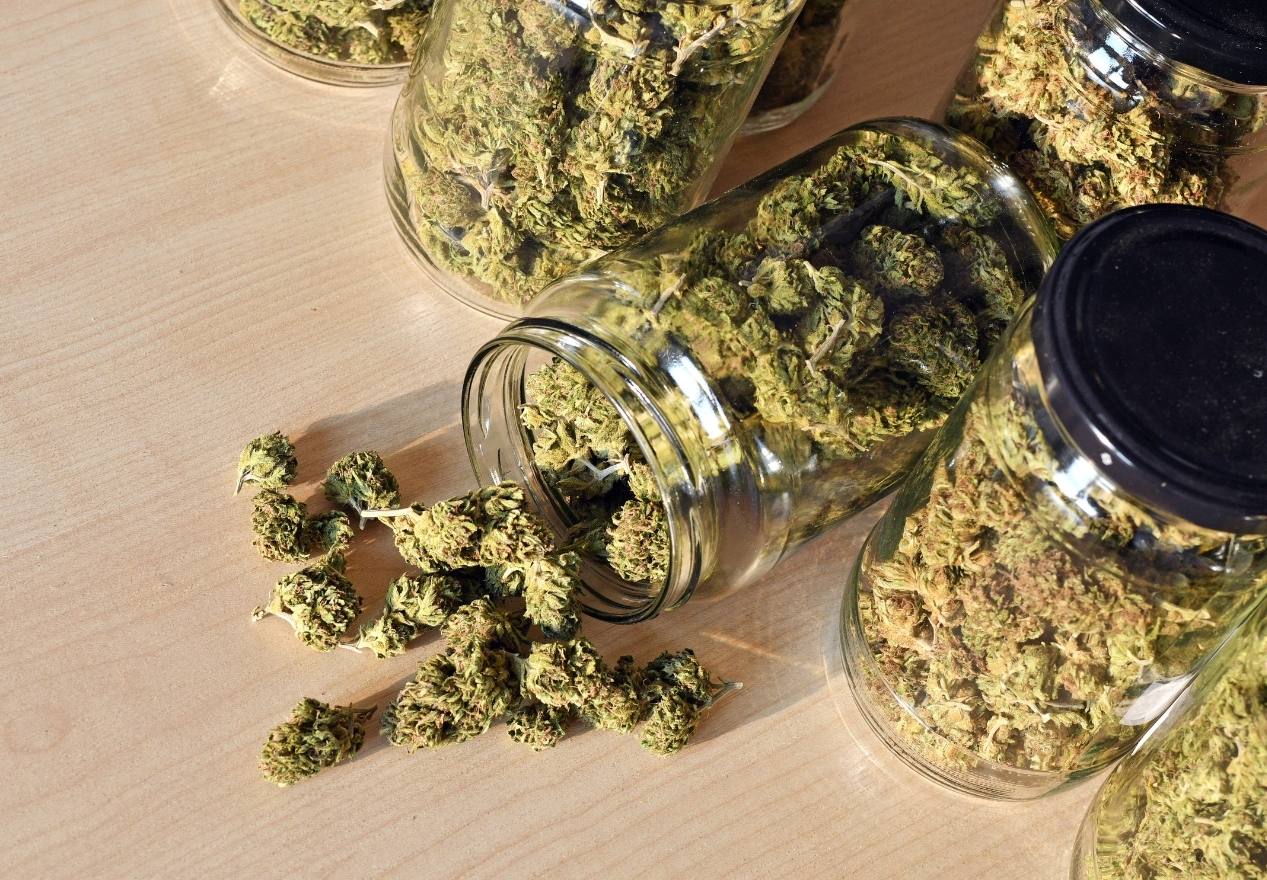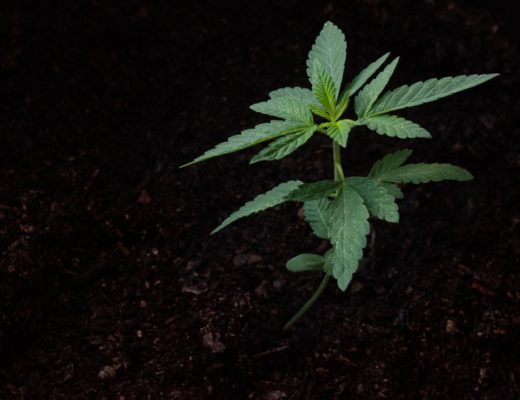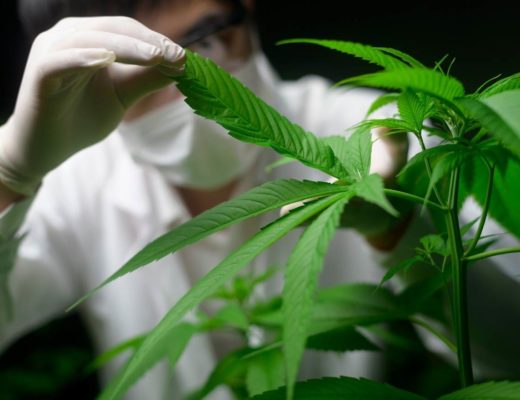Cannabis is the most used illicit drug in the United States, with more than 22.2 million Americans using it in 2015.
In recent years, there have been many debates and discussions about legalizing cannabis for both recreational and medicinal purposes.
The decision to legalize has sparked a debate on how it affects people’s health outcomes such as mental illness rates and addiction risks when compared to alcohol consumption.
Let’s cut through the debate and see some facts about the legalization of cannabis.
The History of Cannabis Legalization
Before the 20th century, cannabis was a common ingredient in medicine and was largely unregulated.
On August 2, 1937, President Franklin D. Roosevelt signed the Marijuana Tax Act which was the first federal cannabis law that banned all cannabis substances from the US.
In 1969, the Act was struck down by the Supreme Court because it violated the Fifth Amendment (the right to avoid self-incrimination).
In 1970 Congress repealed the law, and because of that it introduced the Controlled Substances Act. The new act stated that marijuana remained illegal in the United States and was classified as a Schedule I controlled substance.
In June 1971, President Nixon declared a “war on drugs.” He dramatically increased federal drug control agencies and created measures such as mandatory sentencing and no-knock warrants to cater to a political agenda he had.
“You want to know what this was really all about. The Nixon campaign in 1968, and the Nixon White House after that, had two enemies: the antiwar left and black people. You understand what I’m saying. We knew we couldn’t make it illegal to be either against the war or black, but by getting the public to associate the hippies with marijuana and blacks with heroin, and then criminalizing both heavily, we could disrupt those communities. We could arrest their leaders, raid their homes, break up their meetings, and vilify them night after night on the evening news. Did we know we were lying about the drugs? Of course we did.” – John Ehrlichman, a top aide to Nixon.
In 1973 Oregon becomes the first state to decriminalize cannabis and reduce the penalty for 1oz to a $100 fine. A few years later other states started slowly following Oregon’s lead.
In 1996 California becomes the first state to legalize medical cannabis
In 2012 Colorado and Washington become the first two states to legalize the recreational use of cannabis.
Facts about Cannabis Legalization
Fact #1
As of April 2021, 9 out of 10 Americans support the movement toward making marijuana legal. Some people only want it available for medicinal use, while others are pro-recreational weed, too.
- According to WHO, approximately 147 million people or 2.5% of the total global population consume marijuana.
Fact #2
Public support for marijuana legalization differs widely by age and political party.
- Seven-in-ten adults under the age of 30 favor legalization for medical and recreational use
- Older adults are far less likely than younger ones to support marijuana legalization for both recreational and medical uses.
- 32% of adults ages 75 and older say marijuana should be legal for recreational and medical use.
- Democrats or left leaning independents are more likely than Republicans and GOP leaders to support the legalization of marijuana for both purposes (72% vs 47%)
Fact #3
Marijuana can be taxed once it is legal. When people buy legal cannabis, the product can be taxed which will in turn increase the revenue of state governments by as far as over a billion dollars. Medical weed is already subject to local general sales tax and in some states a specific tax on medical marijuana. However, recreational weed, since deemed illegal by the federal government still can be subject to excise taxes in addition to other taxes which can deter a consumer from purchasing it.
Fact #4
Americans who favor legalization are most likely to point to the drug’s medical benefits or to say it would free up law enforcement to focus on other types of crime; 86% and 70%, respectively, say these are very important reasons for their support.
- Among Americans who oppose marijuana legalization, 79% say a very important reason is that it would increase the number of car accidents involving drivers who use marijuana.
- Around seven-in-ten (69%) say a very important reason is that legalization would lead to more people using stronger and more addictive drugs.
Fact #5
Legalizing marijuana makes it easier to conduct large scale regulated research. Studies are currently being made to evaluate the effect of THC and CBD on patients with cancer, HIV, and Crohn’s disease among many others. There is currently one FDA approved cannabis drug called that is made to help people reduce their seizures.
Fact #6
As of April 2021 17, states and the District of Columbia have legalized small amounts of marijuana for adult recreational use.
- Overall, 43% of U.S. adults now live in a jurisdiction that has legalized the recreational use of marijuana at the local level
- 36 states have approved some form of medical marijuana.
- Numerous states have also enacted laws reducing criminal charges for certain marijuana related convictions or allowing past convictions to be expunged.
Fact #7
Marijuana is one of America’s top-selling agricultural products. According to the Colorado Department of Revenue, combined four-year sales of marijuana for that state since it legalized cannabis in 2014 has now topped $7.6 billion
- The sales of legalized cannabis in the US is projected to grow at a compound rate of 14% (CAGR) to reach $29.7 billion by 2025
Fact #8
Marijuana arrests place a significant burden on our judicial system.
- According to the FBI Unified Crime Statistics, marijuana accounted for 3.3% of sale/manufacturing drug crime arrests and 36.8% of possession and use drug crime arrests in 2018
- Some estimates say that the government spends $29 billion annually on drug prohibition alone and that this too could be saved by legalizing marijuana
“Criminally prosecuting adults for making the choice to smoke marijuana is a waste of law enforcement resources and an intrusion on personal freedom. I do not advocate urging people to smoke marijuana, neither do I urge them to drink alcoholic beverages or smoke tobacco, but in none of these cases do I think prohibition enforced by criminal sanctions is good public policy.” – Rep. Barney Frank (D-MA)
Overall, the legalization of cannabis has shown to lead to the creation of more jobs and a stronger economy.
Because of renewed efforts into medical research, cannabis has been shown to have many potential benefits for a wide array of medical conditions.
Decriminalizing cannabis would also reduce law enforcement costs as well as freeing up judicial resources for more serious crimes that truly do harm others.
When we focus on the facts and put aside the rest, it’s plain to see that when used responsibly, cannabis is a positive and not a negative.





No Comments